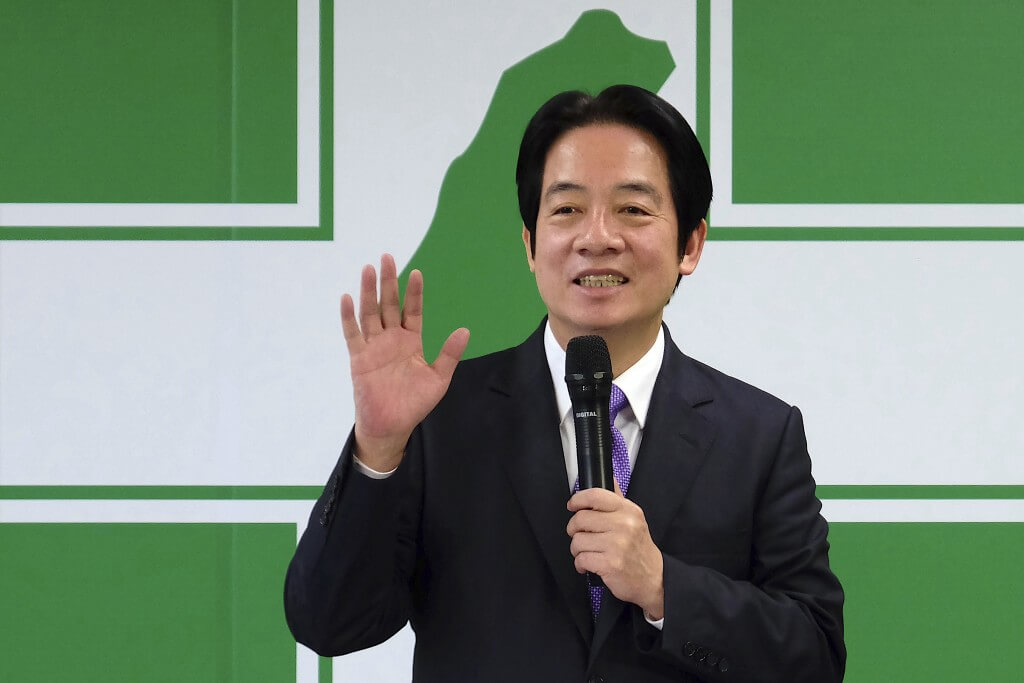During a Friday visit to key munitions factories, North Korean leader Kim Jong Un called for increased missile production to help secure “overwhelming military power” and prepare for war. The order comes just as South Korea and the US prepare for their own annual military drills.
During his transit through the US, Taiwanese Vice President William Lai told supporters in New York on Sunday that “No matter how great the threat of authoritarianism is to Taiwan, [it] absolutely will not be scared nor cower, we will uphold the values of democracy and freedom.”
A Russian warship fired warning shots at a cargo ship heading north in the Black Sea on Sunday, the first time since withdrawing from a UN-brokered grain deal last month. Russia claimed in a statement that its patrol ship, the Vasily Bykov, fired automatic weapons on the Palau-flagged Sukru Okan vessel shortly after the captain refused to comply with a request to halt for an inspection. Russia stated the ship was heading to the Ukrainian port of Izmail.
US Federal Bureau of Investigation (FBI) agents met with Ecuadorian police and prosecutors on Sunday as part of a joint effort to determine who was behind the assassination of presidential candidate Fernando Villavicencio last week. Interior Minister Juan Zapata told reporters that the FBI team had already spoken with police leaders and would meet with prosecutors from the attorney general’s office handling the investigation into Villavicencio’s assassination.
In a surprising twist during the Argentine primary election, far-right libertarian economist Javier Milei has unexpectedly taken the lead with 30.5% of the vote, surpassing predictions. In contrast, the conservative opposition is trailing at 28%, and the ruling Peronist coalition holds 27%.
The UN on Saturday successfully extracted over 1 million barrels of crude oil from the FSO Safer oil tanker off the coast of Yemen in the Red Sea. According to the world body, the tanker, which had been abandoned in 2015 following the Yemeni civil war, posed a risk of breaking apart or exploding and causing an oil spill that would be catastrophic for Yemen and the wider region.

